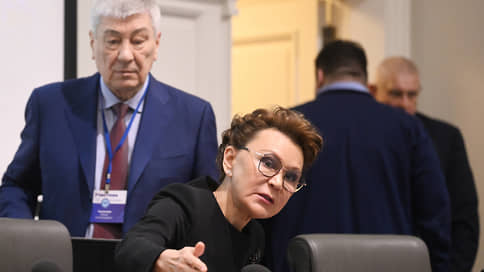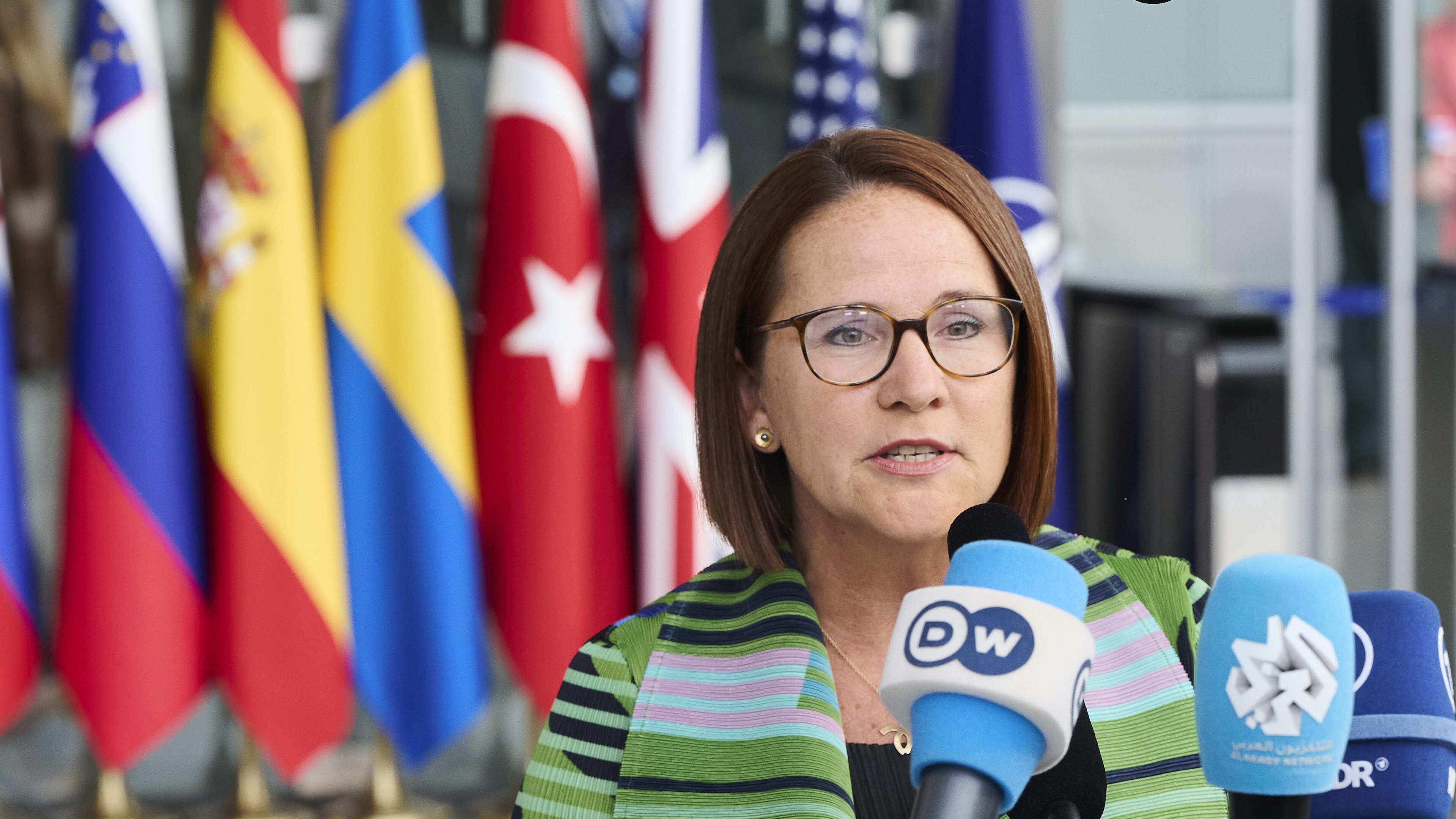How Rosfinmonitoring fights corruption

At the XIV Eurasian Anti-Corruption Forum of the XIV Eurasian Anti-Corruption Forum, which last April 9, scientists and law enforcement officers discussed the prospects for the integration of two systems-counteracting corruption and combating money laundering. Rosfinmonitoring Director Yuri Chikhanchin said that his department has already developed a “financial profile of a corrupt official”, and the head of the Federal Treasury Roman Artyukhin explained the conditions under what conditions the state could have a crypto -core for the seized digital assets.
Over the past four years, corruption crimes, although inferior to the illegal trafficking of drugs in the number of criminal cases, are consistently in the first place in terms of legalized funds, the director of the Institute of Legislation and Comparative Law (Izail) of the Harle of Khabrieva drew attention. This is a serious source of risk, which requires an integrated approach, but also opens up opportunities for the integration of two systems – counteracting corruption and laundering of money, she emphasized.
According to Yuri Chikhanchin, his service uses the mechanisms of monitoring and identifying illegal activities, such as the allocation of increased risk zones in the distribution of state money (the so -called decision points) or signs of the financial behavior of the criminal. Together with the Bank of Russia, organizations of realtors and notaries, as well as using the tool analysis tools, a financial profile of a corrupt official was developed, Mr. Chikhanchin shared. According to him, this made it possible to orient the participants in the « anti -washing » system on the current schemes that use corrupt officials and contributed to the decriminalization of the budget sphere.
The amount of funds that were not allowed due to this amounted to tens of billions of rubles, assured the director of Rosfinmonitoring.
His first deputy Oleg Krylov added that the main tools for the output of budget funds in the shadow turnover are “technical” companies in chains of intermediaries, affiliated with the beneficiaries of criminal schemes, as well as “cashing”. In addition, financial intelligence records the use of digital financial instruments. Sometimes such crimes can be identified and even confiscated, Mr. Krylov admitted carefully. But the issues related to the crypto environment require primarily regulatory regulation, the official added.
The head of the Department for Supervision of the Fulfillment of the Corruption of Corruption of the Prosecutor General’s Office, Viktor Baldin, noted in his speech that, despite the difficulties in working with digital assets, “certain mechanisms” are already being worked out. Prosecutors manage to find cryptocurrency in officials, including through requests to banks and cryptocurrencies.
True, what to do with seized assets is not yet very clear.
Earlier, the Prosecutor General’s Office had already made a proposal to allow the investigating authorities to start cryptocurrencies or accounts for seizure and contact the state of the state of digital currencies. However, their legal status has not yet been defined, Roman Artyukhin recalled on the sidelines. It depends on this in the future to operate with confiscated cryptocurrency, he believes: “If this is property, maybe then the Federal Property Management Agency, and if it is quasijideni, then, probably, the treasury will have a certain attitude towards this.”
Open information systems can also be used as an effective anti -corruption tool, it is noted in Izip. There they developed a methodology that allows you to systematize the data of the registry of persons dismissed in connection with the loss of trust and companies held accountable for commercial bribery, Talia Khabrieva said. According to her, this information may be useful for personnel services and structures that are engaged in the prevention of corruption. For example, it turned out that most often deputies are at risk, mainly the municipal level, and employees of the Ministry of Internal Affairs: they have almost a third of all cases of dismissal due to loss of confidence.







/s3/static.nrc.nl/images/gn4/stripped/data133212332-41b949.jpg)